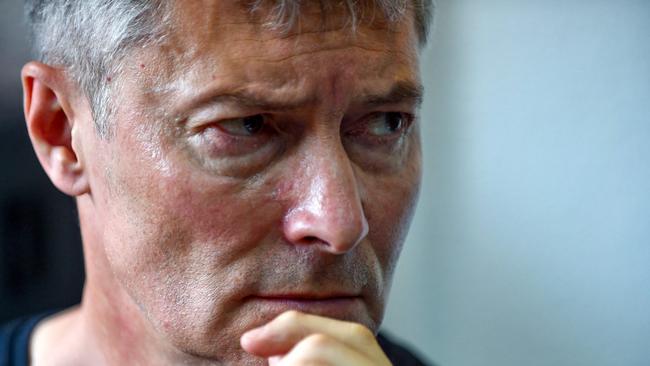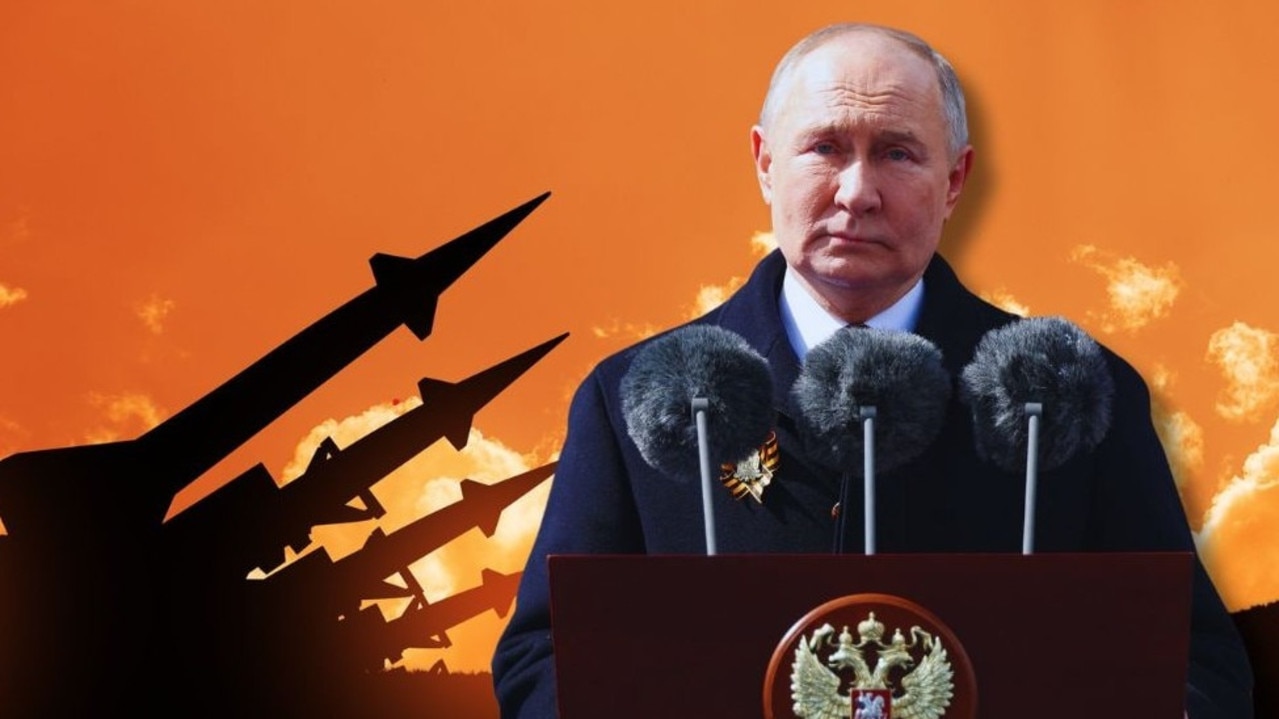Kremlin seizes last free opposition leader
Yevgeny Roizman, an ally of Alexei Navalny, told reporters he was charged for calling the Ukraine war an ‘invasion’.

The Kremlin has moved to arrest the last leading Russian opposition figure who was not behind bars or in exile as it steels itself for a surge in discontent provoked by western sanctions.
Yevgeny Roizman, the former mayor of the city of Yekaterinburg, was seized yesterday by masked security service officers. He told journalists as he was led away that he was being charged with discrediting the Russian army, a crime that is punishable by up to 15 years in prison.
Roizman, an ally of Alexei Navalny, the imprisoned opposition leader, has been an outspoken critic of the war in Ukraine. He served as the mayor of Yekaterinburg from 2013 to 2018 and remains extremely popular in the city, which is widely viewed as an opposition stronghold. His lawyer said it was likely that he would be taken to Moscow to face trial.
Roizman said he was being charged over one phrase – “the invasion of Ukraine”. Asked where he had said it, he replied “everywhere”. The Kremlin insists that it is carrying out a “special military operation” in Ukraine. A security service source told Tass, the state news agency, that Roizman had been arrested “because of videos on his YouTube channel”.
Roizman, 59, was one of the few opposition figures not to have fled Russia after Putin ordered troops into Ukraine. Ilya Yashin, an ally who also refused to leave, was arrested last month over his criticism of the war.
Russia has cracked down ruthlessly on dissent since the start of the war. All opposition media outlets have been banned or closed down and dozens of people are facing more than a decade in prison on charges of spreading “fake” news about the army. There are fears that Putin will use the killing at the weekend of Darya Dugina, the daughter of a hard line writer, as a pretext to escalate his crackdown.
Roizman’s arrest comes as the Kremlin prepares for a backlash over inflation and increasing unemployment. Although western sanctions have not led to the meltdown of the Russian economy they have triggered an increase in the cost of basic goods. Chemists are also struggling to maintain stocks of essential medicines.
“In the autumn, people will come home from their holidays and then will not like what is happening,” a source close to the presidential administration told the Meduza website.
The Times


